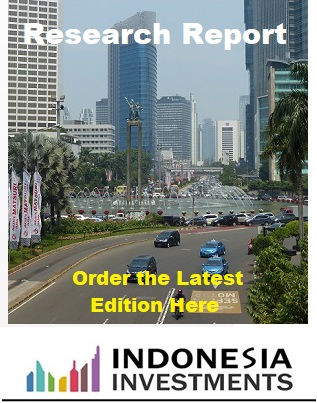2018 Asian Games: Opening Ceremony in Gelora Bung Karno Stadium
On Saturday (18/08) the opening ceremony for the 2018 Asian Games was held in the Gelora Bung Karno stadium in Central Jakarta. It is only the second time in history that Indonesia hosts this event (the first time being in 1962). Between 18 August and 2 September 2018, Asian athletes will compete in nearly 500 events, involving 40 sports disciplines.
It is estimated that - in the context of the 2018 Asian Games - Indonesia will welcome around 16,000 visitors (originating from 45 nations), including athletes, officials, foreign journalists, and volunteers. Meanwhile, some 150,000 foreign supporters are expected to visit Indonesia to see their heroes in action.
This also means Indonesia can expect to see a boost in foreign exchange earnings. On average, a foreign visitor spends USD $1,200 per visit (for example on food, lodging or souvenirs), thus Indonesia could generate around USD $200 million in foreign exchange earnings from the 2018 Asian Games.
Although this is a very modest figure (especially if we take into consideration the whole macroeconomy of Indonesia), the additional foreign exchange earnings come at a pleasant time. Over the past couple of months the Indonesian government and central bank have been eager to boost the nation's foreign exchange earnings in a bid to strengthen the rupiah (which has been weakening due to external pressures - most notably further looming interest rate hikes in the USA and simmering global trade tensions - as well as Indonesia's widening current account deficit).

It is also more than possible that part of the people who visit Indonesia for the 2018 Asian Games would like to return to Indonesia in the future for a holiday. This could ignite some "word-of-mouth marketing" that could attract other foreign visitor arrivals in the future.
At Saturday's opening ceremony, a total of 44 flags were displayed in the parade, with South and North Korea being united under one flag. It is the second occasion this year that both Koreas marched together behind one flag. The first occasion was the Pyeongchang Winter Olympics in South Korea.
Meanwhile, on Sunday (19/08), Indonesia won two medals. Wushu athlete Edgar Xavier Marvelo won a silver medal, while taekwondo athlete Defia Rosmaniar won a gold medal.


